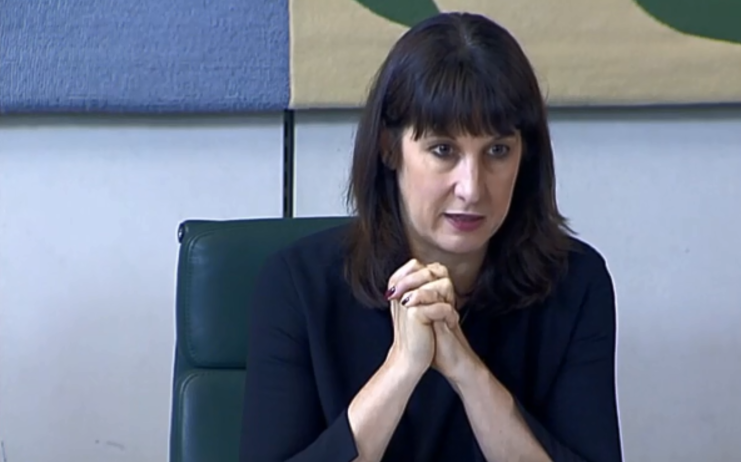Tedium alone won’t restore confidence in the economy

The theory of Ricardian Equivalence posits that financing public spending out of taxes or borrowing will have the same overall economic consequences. This, David Ricardo argued in 1820, was because rational consumers understand that debt will eventually have to be paid off. They will therefore set aside current income in anticipation of future tax rises.
Ricardo was writing in the aftermath of the Napoleonic Wars – an immense national endeavour funded through both the introduction of income tax and the equivalent of over £100bn in borrowing. Post-pandemic, we find ourselves in a similar situation, with a high tax burden and debt at close to 100 per cent of GDP. And though Ricardo’s ideas have been disputed in the intervening centuries, the evidence in their favour is now stacking up.
Household savings spiked during lockdown, for obvious reasons, but the predicted spending splurge when the restrictions were lifted never materialised. In fact, the proportion of resources that are available but not being used for consumption has risen from 6.6 per cent in Q2 2022 to 11.1 per cent in the latest quarter. That equates to an estimated £338bn lying idle in excess savings since the start of the pandemic.
That’s a source of stagnation in itself as well as a terrible indicator of consumer confidence. It suggests that individuals already expect the Labour government to fail to achieve the 2.6 per cent annual growth the IMF is saying we need to meet the fiscal rules, meaning tax rises or spending cuts are inevitable.
Rachel Reeves claims that the situation is far worse than she knew, but the signs have long been obvious – including to those families who have been squirrelling their money away. The government was elected on a platform of ‘stability’ but tedium alone is not enough to restore confidence in the economy. We also need radical reform to shrink spending, reduce taxes and lower public sector debt. Yet rumours that millions of public sector workers are set for above inflation pay rises will do little to reassure anxious savers that ministers have grasped the scale of this challenge. Labour may instinctively believe in the power of a bigger state to produce growth, but markets and consumers know that all extra spending has to be paid for somehow.
